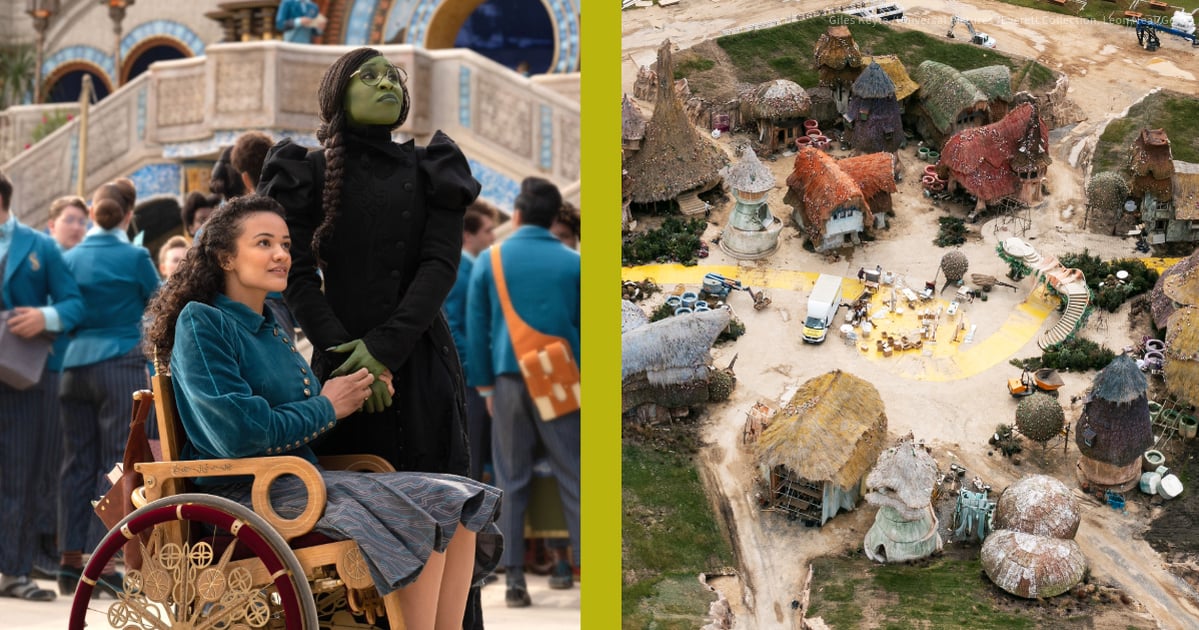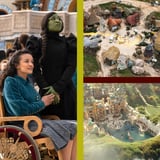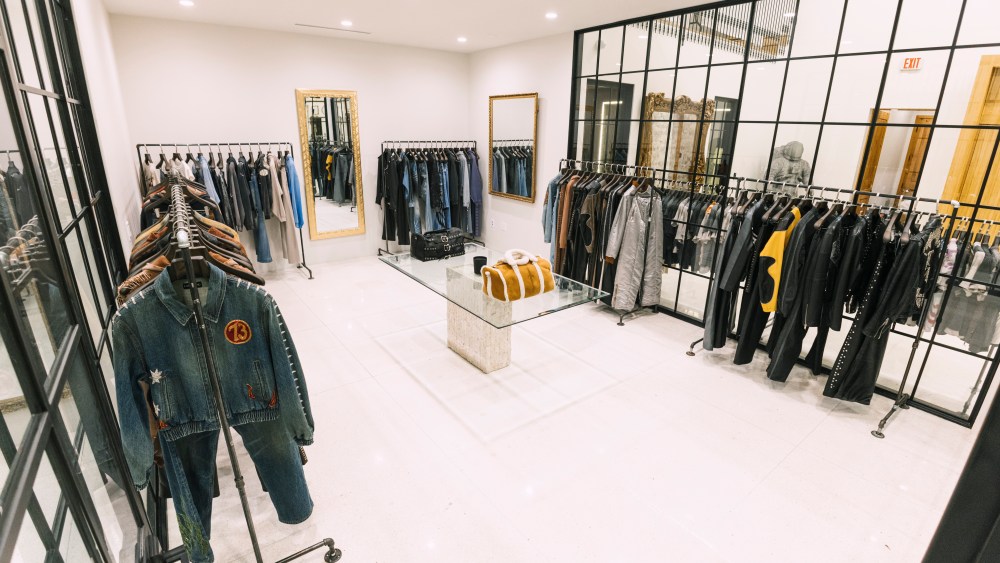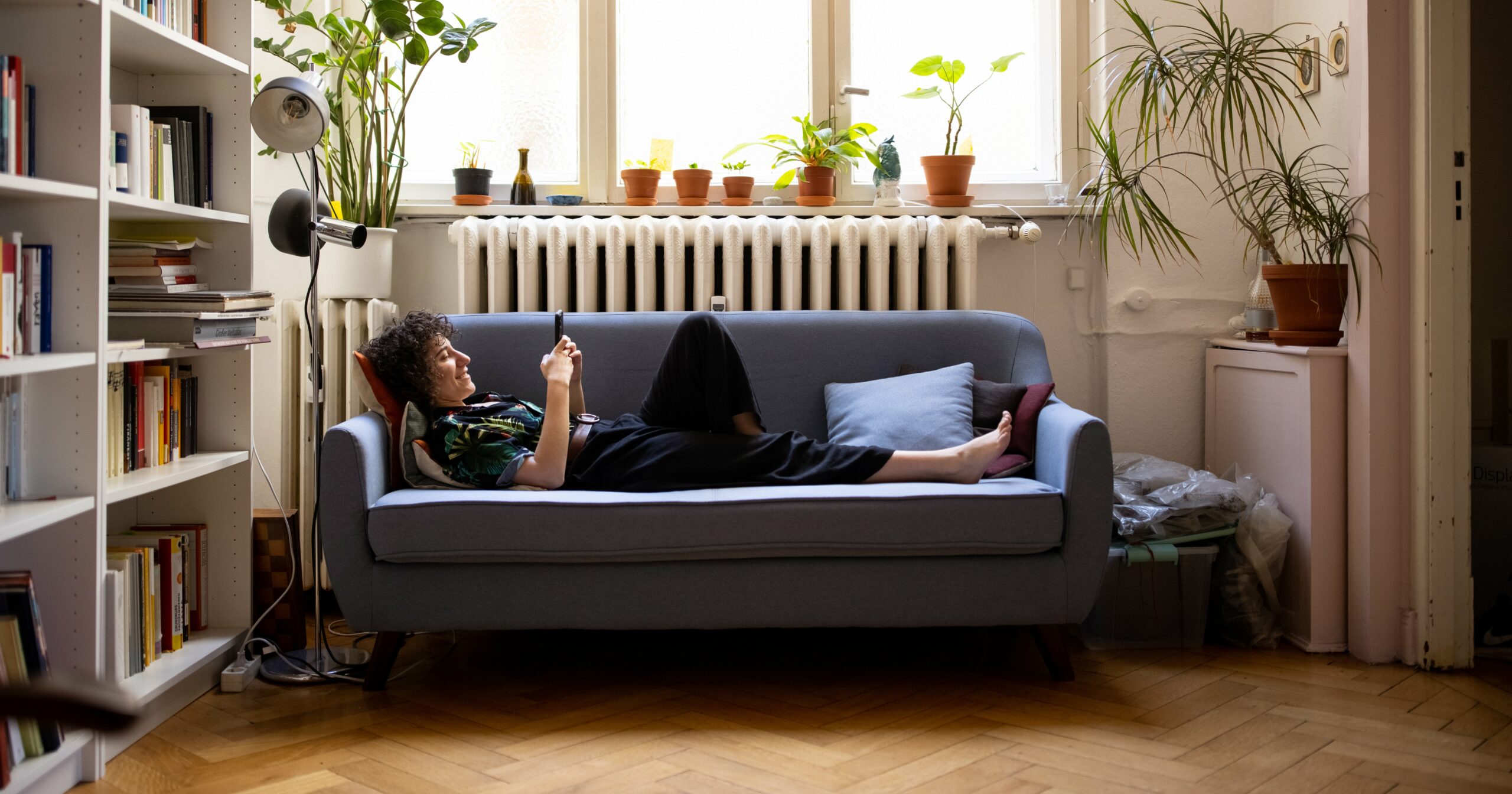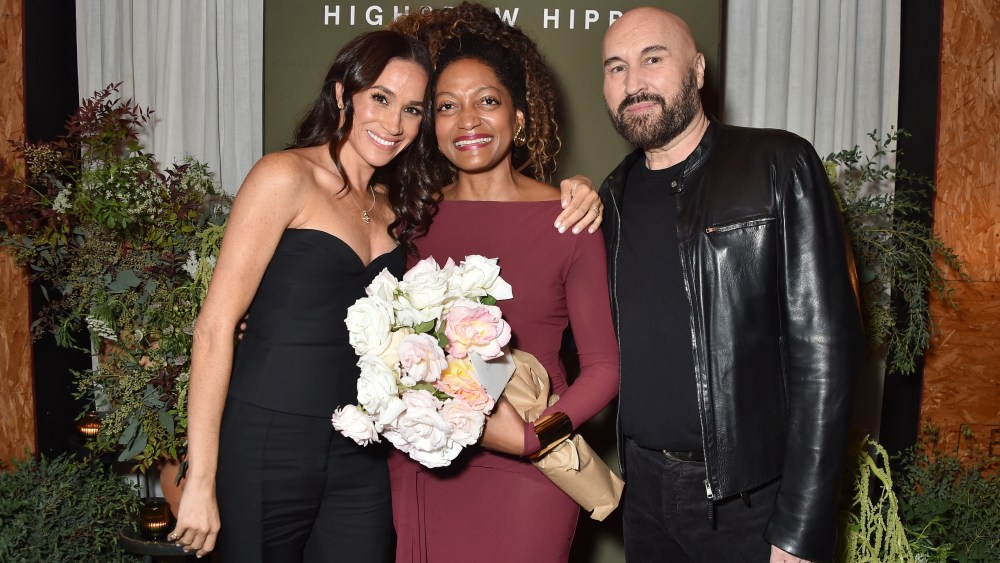Even if you didn’t spend all of high school as a certified theater kid, there’s no way you’ve missed ads this season from the box office blockbuster “Wicked.” The movie’s stars, Cynthia Erivo, Ariana Grande, Jonathan Bailey, and Marissa Bode shine on screen in what’s shaping up to be the most popular movie musical of all time. What’s even more special is that beyond the enchantment in front of the camera, there’s some additional magic that went on beyond the scenes.
Since its release, “Wicked” has received notable praise for its thoughtful disability representation, not just in its casting but on set, too. Marissa Bode (Nessarose) has since acknowledged the “Wicked” team for its efforts from the very beginning to create an accessible environment.
“Sometimes it is hard to always be vulnerable [on camera]. And when you’re surrounded by so many people on a set, it can be difficult if you’re focusing too much on outside elements to really have that [vulnerability] as the character,” Bode told People in a recent interview.
Asking the “right questions to disabled people” is what creates a safe environment for disabled actors to be vulnerable, she said.
The actor specifically called out interactions with the filmmakers who treated her with professionalism rather than “a delicate little thing that is fragile” when it came to certain stunts, as well as a custom trailer built with accessible features like a chair lift, voice-activated doors, an accessible makeup station, an accessible kitchen, and remote-controlled wardrobe rails.
Bode credits much of this intentionality to disability coordinator Chantelle Nassari, who evaluated all aspects of the film set to make sure it was accessible for wheelchair users (like herself and actor Bode) and anyone with any access needs in the cast and crew. Nassari collaborated with every department, from wardrobe to props.
The rest of the film and theater world still needs to do better, though, Nassari says, recalling a recent attempt to see “Wicked” live. Nassari hadn’t seen the musical on stage before being hired for “Wicked” the movie, and when the production staff found out, they offered to buy her tickets to London’s West End so that she could become more familiar with the show. Ultimately, Nassari was unable to attend because the theater was not accessible to her wheelchair.
Having witnessed moments like this throughout her life, Nassari strongly believes her role is crucial in the world of film and theater. In an exclusive interview with PS, Nassari talks more about her work on “Wicked” and why every budget should include a disability coordinator.
PS: Is this the biggest film you’ve worked on? Can you talk about the huge response to the film, especially the disability representation and importance of that?
Chantelle Nassari: This is the first thing I’ve done on this scale before. Everything was aligned in the right place and it just worked. Joan Schneider (one of Wicked‘s production managers) had contacted me on a previous film to do some advisory work. She mentioned that she was hiring for an accessibility coordinator. So I went in for an interview and got the job on the spot.
Throughout the entire crew and production, the whole ethos was inclusion. It was not just about a physically disabled person playing a role – this ethos was embedded, which was important for viewers with disabilities to see. Since the movie took off, the impact of the world has been incredible, and I’ve been contacted by many people, which has been so moving. I’m an “old wheeler” – I’m almost 53 – and I didn’t really have a community when I was younger. I used to be a contemporary dancer, and was often the only disabled person in the room. Always being the person who was “amazing” or “inspiring,” was a tiring label to wear.
To be enlightened by this generation of disabled people is actually quite emotional. Marissa [Bode] is so enlightened, so compassionate, has such integrity and really stands for her beliefs – she’s taught me a lot.
PS: Can you talk about the process of your work – how did you work with not only the sets, but the props, costumes, hair, and makeup?
CN: First, I helped design the film trailer from an empty shell. It became the first accessible trailer ever on a film set anywhere in the world, so we didn’t want to make it just accessible for one person. It had lifts (for wheelchairs), but also had voice control for anyone that has hearing impairment, for example. When you have a budget like that and an ethos of, “let’s make it happen,” the possibilities are endless. That’s what was so beautiful about working on Wicked – there were always no limitations (as Elphaba sings in the hit “Defying Gravity,” “I’m through accepting limits, because someone says they’re so.”)
I ended up meeting with every department; Nessarose would have to go on a boat at one point in the movie, so I needed to meet with the props and design department to make sure the boat could accommodate a wheelchair. The costume department needed to know that there would be an accessible space for Marissa to change, and that the ruby slippers – famously worn by the character Nessarose before Dorothy in “The Wizard of Oz” – also worked for her.
And then I liaised with the family of 6-year-old Cesily Collette Taylor, the actor who portrays young Nessarose in the film (and also uses a wheelchair), to make sure the transport journey from LA to London went smoothly. It takes a lot of energy to perform at your best, and if showering or getting dressed was particularly difficult that morning, you have less to give and the environment needs to be spot on and exactly what you need.
PS: What other accommodations or considerations were made throughout the production and filming process, say for neurodivergent actors, or the like?
CN: This was bigger than just the actors – people in the crew had needs and would come to me saying that they were struggling with x, y, z, physically, and asked for recommendations. We wanted to make the entire space accessible on all levels. For example, on location shooting in the UK, it rained so hard. The set of Shiz University was enormous and covered in grass. I’m a wheelchair user. If the wheelchair goes through the mud, I had to then make sure the chair they use on camera wasn’t covered in mud. So I’d be thinking up alternative ways of transporting the actors who are wheelchair users to the set every day.
“There are so many forms of ability and disability – it’s not just about putting a ramp in. There are so many things to consider, but there of course needs to be a budget put toward this and a want.”
PS: People are just starting to get familiar with the role of intimacy coordinators. How is this type of work similar and different, and how rare is this position?
CN: I’m not as familiar with an intimacy coordinator position, but [an accessibility coordinator] is really necessary moving forward. “Wicked” has been quite groundbreaking for the industry – people are suddenly going, “Oh yeah, [representation] really matters.” There’s a huge demographic that has something to contribute that hasn’t been able to, so we’re on the cusp of something huge. There are so many forms of ability and disability – it’s not just about putting a ramp in. There are so many things to consider, but there of course needs to be a budget put toward this and a want.
PS: Do you think we will see more accessibility coordinators and a change of culture on film sets?
CN: I think it’s going to start happening now, and things will change. As an older wheeler, I’ve lived with it all my life, and accepted that inaccessibility and ableism were part of my existence. I woke up to this younger generation, who were like, “Actually this isn’t okay.” People are going to say ableist things, and I think as long as they’re in the minority, we can abolish ignorance.
PS: If people, primarily people who are disabled, want to work in this capacity, what kind of training would they undergo or how do they break into a role like this?
CN: It was a journey for me – there weren’t any training opportunities that I was aware of. It was more about educating myself. I did some access consulting for a college, Wellington College, and did an assessment on their site. And I’ve done much smaller things. So it’s not something that I thought was my role in the world. This is where I ended up, and it just fits perfectly. There are some training opportunities now, like a UK-based access coordinator training program. But it would be amazing for people to start more programs in the industry.
PS: Is this something you will be doing more often, on a full-time basis, or on more of a project basis?
CN: For me it’ll be on a project basis. I physically don’t have the stamina to do something on a full-time basis. With “Wicked,” I was called to set and was not working 12-hour days, and was able to do things on a level that physically worked for me. Ideally, they need people there on the set daily – you miss a lot when you’re coming and going. This is a huge area where there could be employment opportunities. We set the groundwork, so I’m happy to let the younger generation step up and lead the way.
PS: Did you ever follow up with the West End production of Wicked on the inaccessibility of the theater?
CN: Sadly, I was never able to access it within the time frame of filming, but the producers of the film did take this concern seriously and contacted the theater immediately. I think things will eventually change there.
That said, when it comes to logistical things like this, people with disabilities are who you should ask. Any individual is capable of answering questions, and everyone has different feelings. If you ask a question with love, you’ll get a rational answer.
It sounds really simple, but like “Wicked” it’s all about equality, about treating people as equal.
*Interview has been condensed and edited for clarity.
Mara Santilli is a PS contributor, freelance writer, and editor specializing in reproductive health, wellness, politics, and the intersection between them, whose print and digital work has appeared in Marie Claire, Glamour, Women’s Health, SELF, Cosmopolitan, and more.
